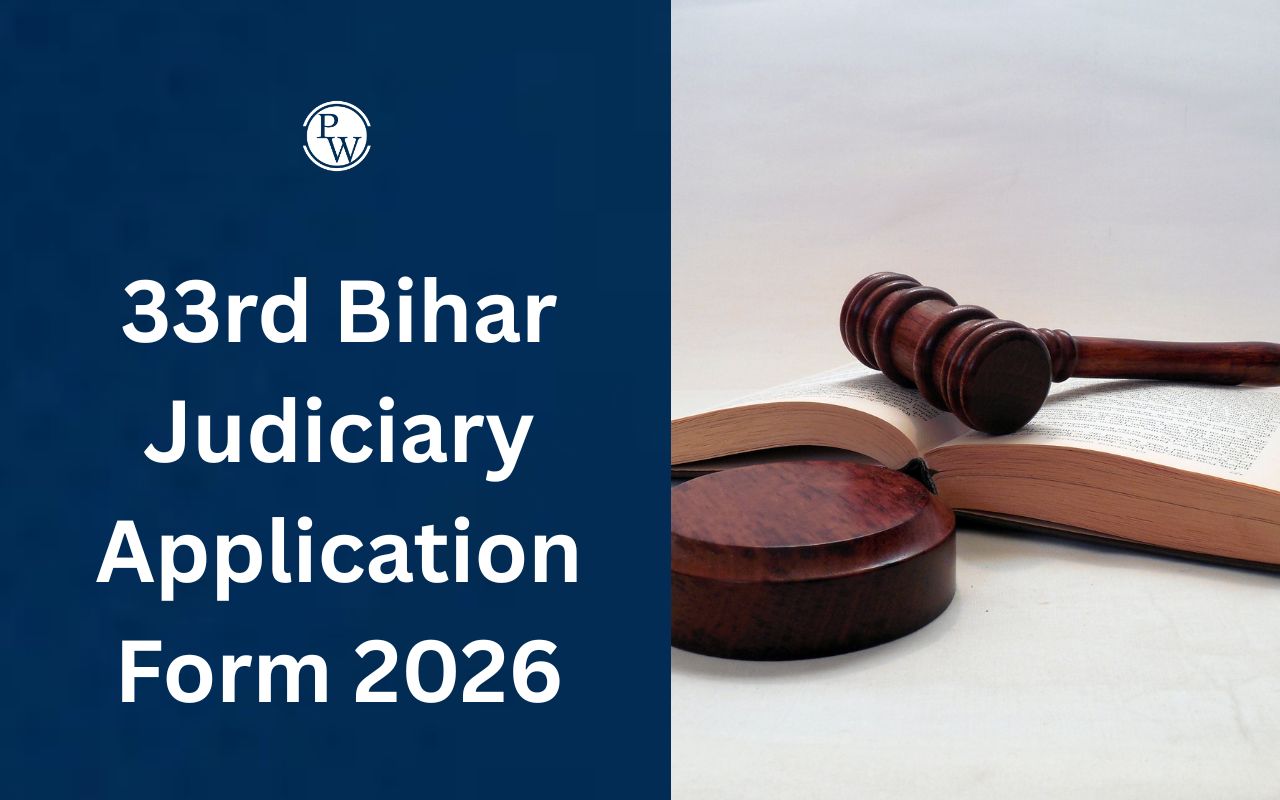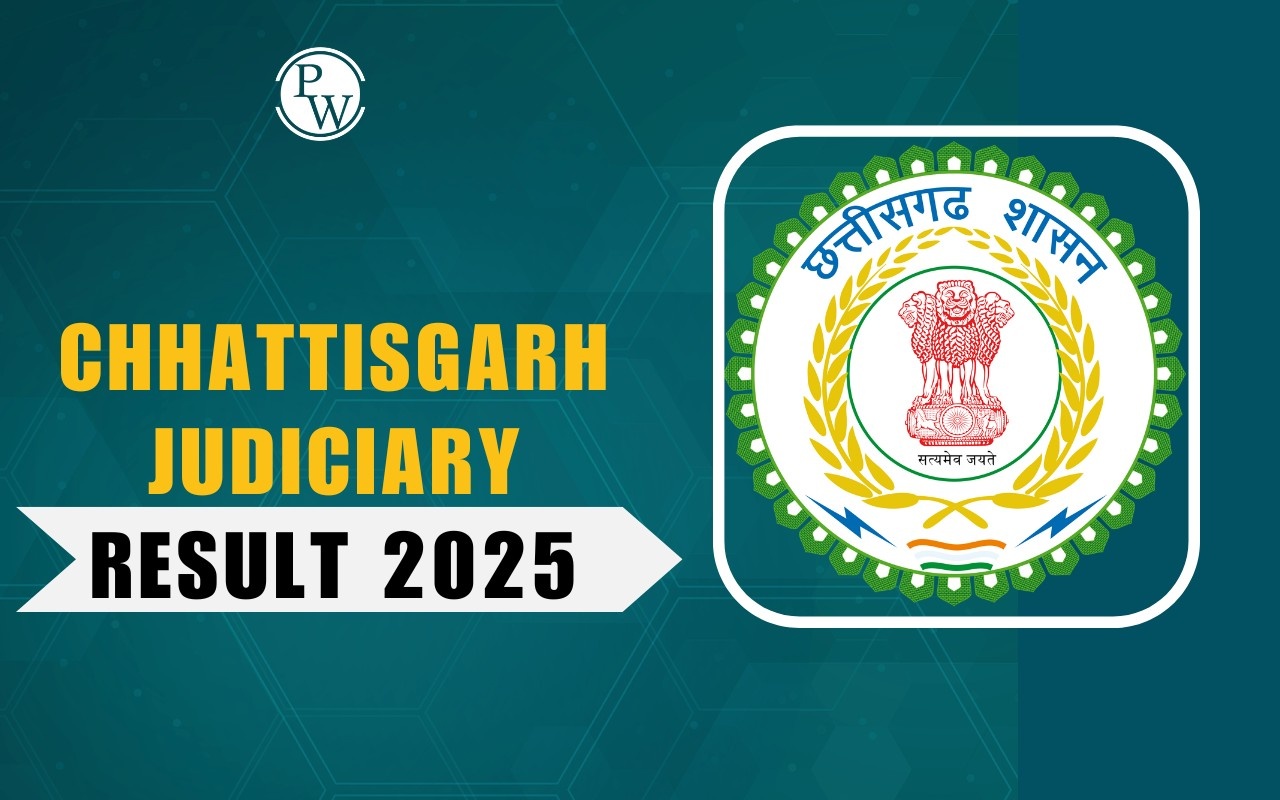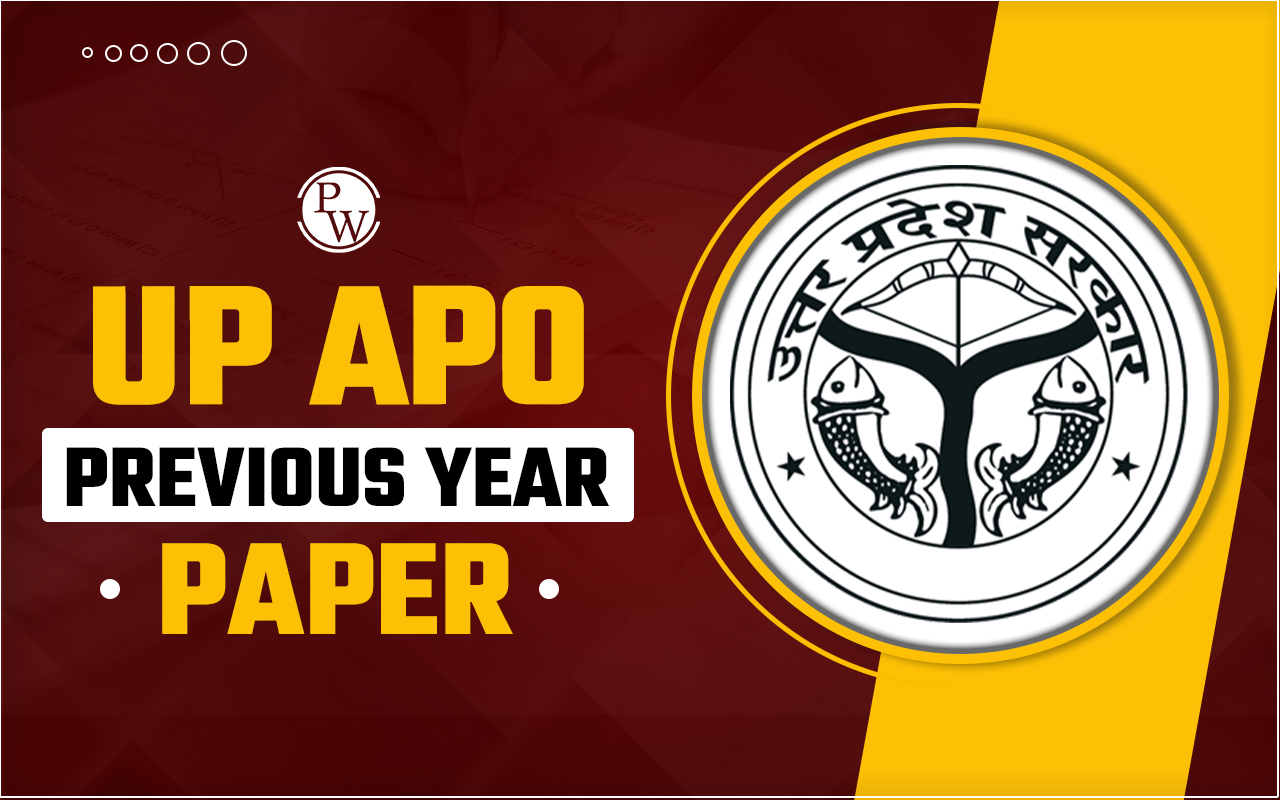
Maintenance under Hindu law, is much more than a statutory duty—it is a living expression of the principles of care, compassion, and responsibility that form the bedrock of family life. Rooted in the timeless dharma that governs interpersonal relationships, this concept reflects the Indian ethos of protecting and nurturing dependents within the sanctity of familial bonds. Whether it involves the sustenance of a wife, the upbringing of children, or the support of aged parents, maintenance ensures that no member of a family is left vulnerable or neglected. It stands as a moral and legal commitment, preserving dignity and fostering harmony. Maintenance is not confined to basic survival but extends to ensuring a life of dignity.
Maintenance to Wife
Under HAMA: Section 18 of HAMA guarantees a Hindu wife’s right to maintenance, both while living with her husband and under specific circumstances where she lives separately. Grounds include cruelty, neglect, desertion, the husband’s conversion to another religion, or if he has a concubine in the marital home. However, the wife forfeits this right if she is unchaste or ceases to remain a Hindu.Under HMA: Sections 24 and 25 of HMA provide interim maintenance and permanent alimony, respectively. Section 24 ensures financial relief during the pendency of matrimonial proceedings, while Section 25 addresses post-divorce sustenance.
Under CrPC: Section 125 of CrPC is a secular provision that ensures a wife, irrespective of religion, can claim maintenance if she cannot maintain herself. This Section ensures that a wife who is unable to maintain herself can claim maintenance from her husband. The provision aims to prevent destitution and provide basic sustenance.
In the landmark case of Badshah v. Urmila Badshah Godse & Anr. (2014) , the Supreme Court of India ruled that a woman whose marriage is void due to the husband's existing marriage is still entitled to maintenance under Section 125 of the Code of Criminal Procedure (CrPC). The Court emphasized that the term "wife" under Section 125 should be interpreted broadly to include a woman who entered the marriage in good faith, unaware of the husband’s previous marriage. This decision ensures that such women are not left destitute due to the deceitful actions of their husbands.
In Yamunabai Adhav v. Anantrao Adhav (1988) , the Court emphasized that the marital relationship needs to be legally subsisting for a woman to claim maintenance as a "wife" under Section 125. However, in cases of voidable marriages that have not been annulled, courts generally uphold the maintenance claim until the marriage is declared null and void.
In Amit Verma v. Shilpa Verma (2022) , SC clarified that a working wife can claim maintenance if her earnings are insufficient to maintain a lifestyle similar to that in her marital home. The Court stressed that maintenance is not limited to basic sustenance but includes the preservation of dignity and parity.
In the landmark case of Kalyan Dey Chowdhury v. Rita Dey Chowdhury Nee Nandy (2017) , the Hon’ble Supreme Court observed that granting 25% of the husband’s net salary as maintenance is just and reasonable.
In Manmohan Gopal v. The State of Chhattisgarh & Anr. , the Supreme Court ordered the sale of ancestral property to clear maintenance arrears for a wife. This judgment shows the Court’s firm stance against non-compliance with maintenance orders.
| GUIDELINES FOR DETERMINATION OF MAINTENANCE IN MATRIMONIAL MATTERS Recently, the Hon’ble Supreme Court in Kiran Jyot Maini vs Anish Pramod Patel (2024)SC reiterated the guidelines introduced in Rajnesh v. Neha (2020) as an 8-point formula for Courts across the country to determine maintenance, aiming to curb controversial orders like “Beg or borrow, but you must pay maintenance.” The guidelines include: 1. Social and economic status of both husband and wife. 2. Basic needs of the wife and children in the future. 3. Qualifications and employability of both parties. 4. Sources of income and assets. 5. Lifestyle of the wife during her stay with the husband. 6. Whether the wife gave up her job to take care of the family. 7. Reasonable legal expenses for a non-working wife to fight her case. 8. Husband’s financial status, income, and other responsibilities apart from maintenance. |
Maintenance to Widowed Wife/ Widowed Daughter-in-law
Under HAMA: The HAMA, explicitly addresses the rights of Hindu widows under Section 19 , which provides that a widow has the right to claim maintenance from her father-in-law if she is unable to maintain herself from her own resources or from the estate of her deceased husband. This obligation of the father-in-law continues only if he has sufficient means and ceases upon her remarriage.In Suhagwati v. Abhiman Singh (1960) , the Court emphasized that Section 19 imposes a limited yet significant obligation on the father-in-law, recognizing his role in supporting the widow when the husband’s estate is insufficient or unavailable.
The Allahabad High Court in Shree Rajpati v. Smt. Bhuri Devi(2024) has observed that agreeing to live in a matrimonial home is not a condition precedent for a widowed daughter-in-law to seek maintenance from her father-in-law. It was observed that a widowed woman choosing to live with her parents will not lead to the conclusion that she separated from her matrimonial home. In addition to Section 19, Section 21 classifies widows as dependents entitled to maintenance from the deceased husband’s heirs. Section 22 further imposes a duty on heirs inheriting the husband’s estate to provide for the widow in proportion to their share of the inheritance.
Furthermore, the landmark judgment in Vaddeboyina Tulasamma v. Vaddeboyina Sesha Reddi (1977) clarified that any property received by a widow in lieu of maintenance becomes her absolute property under Section 14(1) of the Hindu Succession Act, 1956 .
Under CrPC: The CrPC, under Section 125 , provides a secular remedy for widows, ensuring they receive maintenance if they are unable to sustain themselves. This provision mandates that any person with sufficient means is obligated to support dependents, including widows. The judgment in Kirtikant D. Vadodaria v. State of Gujarat (1996) reaffirmed that widows are entitled to maintenance under CrPC.
Maintenance to Children
Under HAMA: Section 20 of HAMA obligates both parents to maintain their children (both legitimate and illegitimate). This includes minor children, unmarried daughters, and adult children who are unable to maintain themselves due to physical or mental incapacity. Maintenance under HAMA ensures that children receive support for their education, marriage, and overall well-being. The term ‘parent’ includes a childless stepmother. Section 21 deals with dependants that includes children as well.Under HMA: Under the HMA, Section 26 provides for the custody, maintenance, and education of legitimate children in matrimonial disputes such as divorce, judicial separation, or annulment of marriage. The court can grant maintenance during the pendency of proceedings or after a decree, considering factors like the financial capacity of parents, the child's needs, and their standard of living. The primary focus is the welfare of the child, ensuring provisions for their food, shelter, education, and healthcare.
The Delhi High Court in A v. B (2024) has ruled that a child is entitled to maintenance under Section 26 of the HMA, till the time he is pursuing his education and does not become financially independent.
Under CrPC: Section 125 of CrPC extends maintenance rights to both legitimate and illegitimate minor children and adult children unable to sustain themselves due to incapacity. This provision ensures that children are not left destitute regardless of the parents’ marital status or religion. The Hon’ble SC, in the case of Apurva @ Apurvo Bhuvanbabu Mandal v. Dolly & Ors. (2024) delivered a landmark judgment affirming that the maintenance rights of a wife and children take precedence over creditors' claims in recovery proceedings. In Padmja Sharma v. Ratan Lal Sharma (2000) , the Hon’ble SC held that both parents are obligated to contribute to the maintenance of their children. The Court emphasized that if both parents are earning, they should share the financial responsibility for their children's upbringing. This judgment reinforced the principle of shared parental responsibility, ensuring that the child's welfare is paramount.
Maintenance to Parents
Under HAMA: Section 20 of HAMA recognizes the obligation of children to maintain their aged or infirm parents. This duty applies equally to sons and daughters, ensuring gender neutrality. Maintenance is provided when parents are unable to maintain themselves.Under CrPC: Section 125 of CrPC ensures maintenance for parents, irrespective of religion. It applies when parents are unable to sustain themselves due to age, illness, or financial incapacity. This provision protects parents from neglect and ensures their basic needs are met. In the case of Kirtikant D. Vadodaria v. State of Gujarat (1996) , Hon’ble SC reiterated that children’s obligation to maintain parents is a fundamental duty rooted in moral and legal principles. Even the Hon’ble SC in Smt. Rita Dutta v. Subhendu Dutta (2012) expanded the scope to include maintenance claims for parents-in-law in specific circumstances, reflecting a progressive interpretation of familial obligations.
In the landmark case of Dr. (Mrs.) Vijaya Manohar Arbat v. Kashirao Rajaram Sawai & Anr. , the Hon’ble Supreme Court of India addressed the issue of whether a married daughter is legally obligated to maintain her parents. The Court held that under Section 125(1)(d) of the CrPC, a father or mother unable to maintain themselves is entitled to claim maintenance from their children, including married daughters. The Court emphasized that the moral and legal duty to maintain one's parents does not cease upon a daughter's marriage. It stated that excluding married daughters from this obligation would lead to unjust situations where parents without sons, but with daughters having sufficient means, could be left destitute if those daughters refused to provide support. The judgment reinforced that both sons and daughters have an equal responsibility to ensure the well-being of their parents.
Conclusion
Maintenance is not merely a legal right. It is part and parcel of basic human rights. Maintenance under Hindu law, it is a way to ensure the well-being and dignity of family members who depend on others for support. The Hon’ble SC in Kiran Jyot Maini v. Anish Pramod Patel (2024) emphasized that the purpose of awarding maintenance or permanent alimony is to ensure a decent living standard for the wife, not to penalize the husband. As times change, the legal system has adapted to make maintenance provisions more effective and accessible. At its heart, maintenance is about care, responsibility, and keeping families strong, ensuring that no one is forgotten or neglected.Maintenance under Hindu law FAQs
What is maintenance under Hindu law?
Maintenance refers to the financial support that one spouse or relative is legally required to provide to another, to ensure their well-being and sustenance. Under Hindu law, it covers not just basic needs like food, clothing, and shelter, but also extends to education and medical expenses.
How is the amount of maintenance determined under Hindu law?
The court determines maintenance based on various factors, including the financial capacity of the person required to pay, the claimant’s needs, the standard of living, and the socio-economic status of both parties. The maintenance amount is not fixed and is decided on a case-by-case basis.
Can a wife claim maintenance after divorce under Hindu law?
Yes, a wife can claim maintenance after divorce under Hindu law, especially if she is unable to maintain herself or if the husband has sufficient income to support her. This claim can be made under Section 125 of the Criminal Procedure Code (CrPC) or the Hindu Adoption and Maintenance Act, 1956.
Is the maintenance amount fixed forever, or can it be changed?
The maintenance amount is not fixed permanently. It can be modified or changed depending on changes in the financial situation of either party or other relevant circumstances, such as the claimant’s ability to support themselves or a change in the respondent’s income.
Who is entitled to maintenance under Hindu law?
Under Hindu law, the following individuals may be entitled to maintenance: Wife, Children, Parents, Divorcees/Separated women.
🔥 Trending Blogs
Talk to a counsellorHave doubts? Our support team will be happy to assist you!

Check out these Related Articles
Free Learning Resources
PW Books
Notes (Class 10-12)
PW Study Materials
Notes (Class 6-9)
Ncert Solutions
Govt Exams
Class 6th to 12th Online Courses
Govt Job Exams Courses
UPSC Coaching
Defence Exam Coaching
Gate Exam Coaching
Other Exams
Know about Physics Wallah
Physics Wallah is an Indian edtech platform that provides accessible & comprehensive learning experiences to students from Class 6th to postgraduate level. We also provide extensive NCERT solutions, sample paper, NEET, JEE Mains, BITSAT previous year papers & more such resources to students. Physics Wallah also caters to over 3.5 million registered students and over 78 lakh+ Youtube subscribers with 4.8 rating on its app.
We Stand Out because
We provide students with intensive courses with India’s qualified & experienced faculties & mentors. PW strives to make the learning experience comprehensive and accessible for students of all sections of society. We believe in empowering every single student who couldn't dream of a good career in engineering and medical field earlier.
Our Key Focus Areas
Physics Wallah's main focus is to make the learning experience as economical as possible for all students. With our affordable courses like Lakshya, Udaan and Arjuna and many others, we have been able to provide a platform for lakhs of aspirants. From providing Chemistry, Maths, Physics formula to giving e-books of eminent authors like RD Sharma, RS Aggarwal and Lakhmir Singh, PW focuses on every single student's need for preparation.
What Makes Us Different
Physics Wallah strives to develop a comprehensive pedagogical structure for students, where they get a state-of-the-art learning experience with study material and resources. Apart from catering students preparing for JEE Mains and NEET, PW also provides study material for each state board like Uttar Pradesh, Bihar, and others
Copyright © 2026 Physicswallah Limited All rights reserved.









